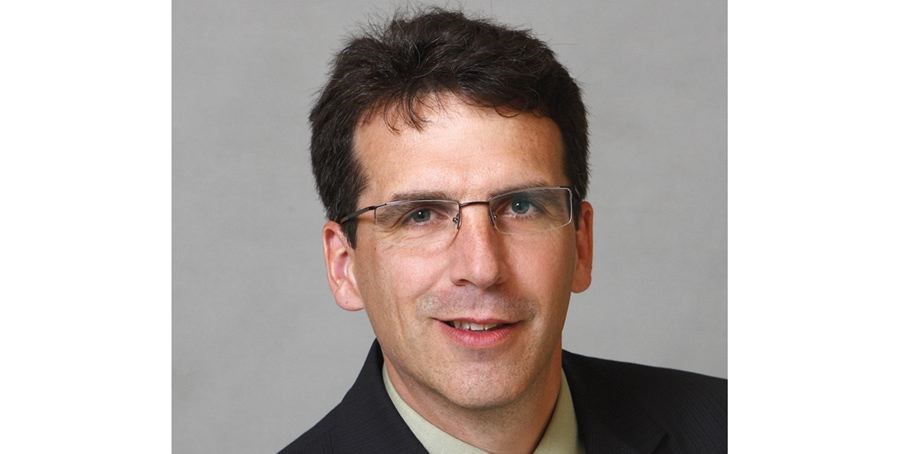It was a mixed blessing each time my sixth grade teacher called me to the back of the room to run an errand for him - the same errand every time and the same reward.
Asking me to lean down close, he would hand me a two-dollar bill and whisper in a conspiratorial tone: "One package of Players Plain and a small chocolate milk for me. A quarter for you to do with as you please."
The effort to scoot a block away to the store was nothing to me. It was a break from a stuffy classroom and a proud sense that I was the chosen one on a dangerous secret mission.
The unpleasant cost to me was that each time I had to get close enough to him to smell his breath, even though the instructions never once varied.
Honestly, the chicken barn had a sweeter aroma, and generally less moist, less warm, less vomit inducing. I soon learned to lean in with my breath held, then took the money and sprinted to the outside door at the front of the old school.
It's so foreign to consider this series of events ever happening today anywhere in North America, or the entire first world for that matter. An 11 year old boy gets paid to leave the school, unattended by an adult, to buy the adult a package of cigarettes and himself a treat. No ID required at the store. Not even a second glance from the clerk.
Once the errand has been run, the teacher puts his feet up on the desk, lights up a cigarette and the student then puts his feet up and munches on a bag of chips. All the while the other kids quietly carry on with their day as if this was just normal.
And frankly it wasn't the only thing that wouldn't fly in today's ultra safe world of schools. Like the time a different teacher picked me up by my ears and scolded me, not for poor behaviour, but for not understanding what she had just taught.
But hold your breath... that story is for another day.
Tax strategies to
consider after the sale
In our final two submissions on this expansive topic of selling the family business, we explore a few things to consider during the years after the sale of your business.
Reinvest in a new active business
You have worked very hard to get yourself in a position to sell your successful business. If you feel like you would like to convert the proceeds in to some sort of income-producing investment portfolio -- that is one thing. If you feel like you have the energy and stamina to pursue still more business ownership adventures, that is quite another. In effect, you are not ready to retire.
Small business tax laws allow you to defer taxes on the sale of your qualifying small business corporation if you reinvest in another one. To qualify for the deferral, your replacement shares (of the new corporation) must be acquired in the year of the qualifying sale, or within 120 days after the end of that year. You must have held the eligible small business corporation shares for more than 185 days from the date you acquired them.
An eligible active business corporation does not include:
A professional corporation.
A specified financial institution.
A corporation whose principal business is leasing, renting, developing, or selling real property that it owns or any combination of these activities.
A corporation where more than 50 per cent of the fair market value of its property (net of debts incurred to acquire the property) is attributable to real property.
If some of your sale proceeds are in a holding company there may be tax strategies available to enable your beneficiaries to withdraw funds from the holding company on a tax-free basis after your death.
You should work with your qualified tax advisor to determine whether these tax strategies will work in your situation. In addition, they can assist you on an ongoing basis to determine the most tax-efficient ways of receiving the funds from your corporation in your retirement.
Finally, don't forget to talk to your legal advisor to determine if your will may need updating. Any firm worth its salt will have tax specialists and legal staff on hand for free consultations to benefit its premium clients.
This article is not meant as tax or legal advice. Readers should consult their own professionals before proceeding with a strategy.
Mark Ryan is an advisor with RBC Wealth Management, Dominion Securities (member CIPF) and can be reached at [email protected] or 250-960-4927.



